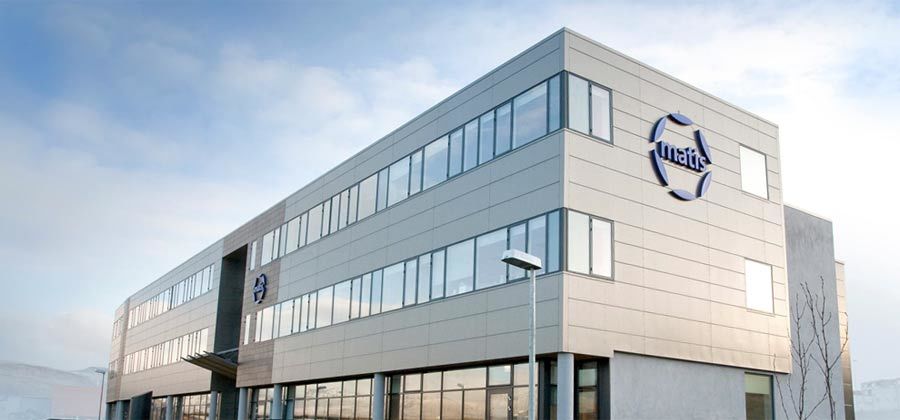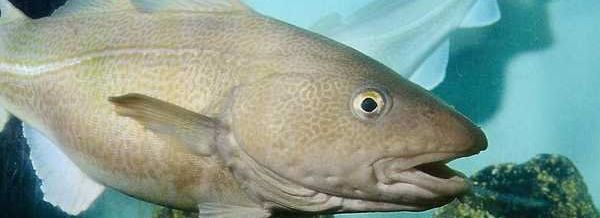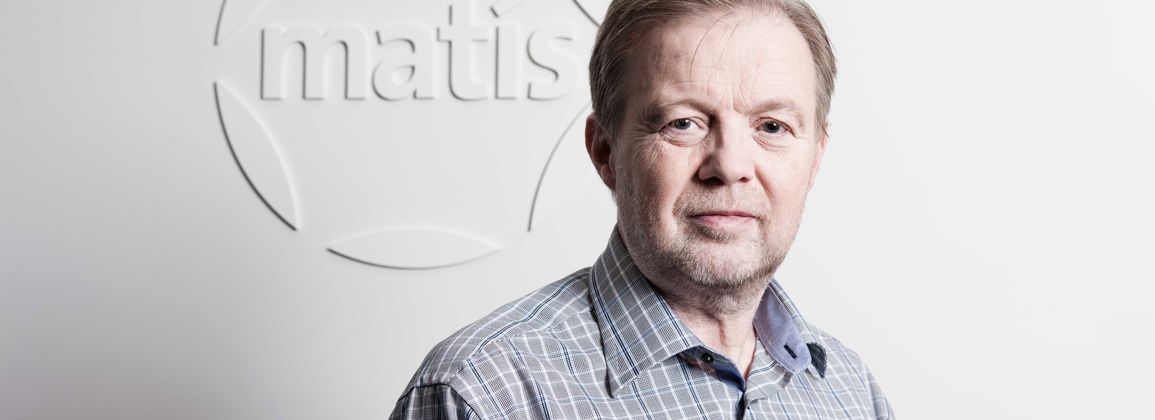Smell of fish of different ages - Matís at the Festival of the Sea
Fjölmenni hefur lagt leið sína á Hátíð hafsins á miðbakknum í Reykjavík um helgina. Þar kynna fyrirtæki og stofnanir starfsemi […]
Smell of fish of different ages - Matís at the Festival of the Sea Nánar »



